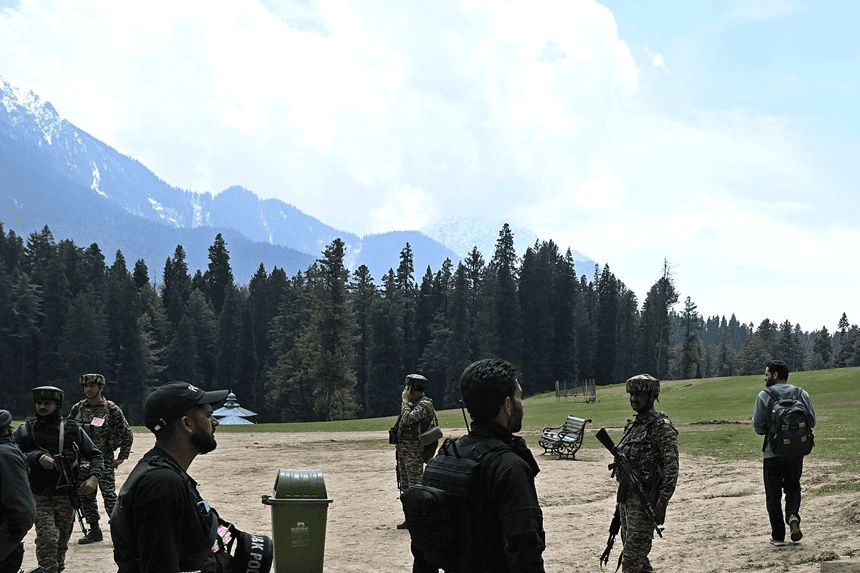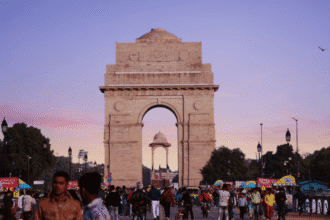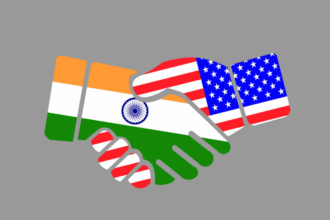A major turning point in the continuous struggle between India and Pakistan, the Kashmir attack has become Located in the disputed territory of Kashmir, the picturesque Pahalgam was the scene of an incident that claimed the sad deaths of 26 visitors. The aftermath has seen both nations responding to the violence with extreme actions, which have escalated already delicate diplomatic and military ties between the two nuclear-armed neighbors. This blog will examine the specifics of the Kashmir attack, evaluate responses from both nations, and investigate the regional and worldwide consequences of this escalation.
Events During the Kashmir Attack?
Tuesday was the Kashmir attack; a squad of militants ambushed some visitors close to Pahalgam, a well-known resort under Indian administration. Three of the attackers identified by Indian officials have been found. Of these attackers, two are Pakistani nationals, and the third is a local Kashmiri man. The offenders have been connected by Indian police to Lashkar-e-Taiba (LeT), a militant organization active in past strikes on Indian territory.
There were major casualties when the gunman started shooting at people. Sadly, 26 visitors died and several more suffered injury. The victims came from all around India and comprised families and people just enjoying their holidays. One of the worst attacks of recent years, the attack has set up national indignation and brought back terrible memories of past attacks in the area.
Although Indian authorities have attributed the attack to militants headquartered in Pakistan, the Pakistani government vehemently denies any participation. Pakistan argues that no reliable proof has been offered connecting India to the incident, hence discounting India’s assertions as unfounded. Lack of hard evidence has resulted in more diplomatic conflicts between the two nations, each blaming the other for encouraging instability and violence in Kashmir.
India's reaction to the Kashmir Attack
India has responded following the Kashmir attack with a mix of forceful words and diplomatic actions. Declaring the atrocity in the toughest terms, Prime Minister Narendra Modi promised that those guilty of the bloodshed would answerable. “India will track, name every terrorist and their supporters, then punish them. We will chase them to the ends of the Earth,” Modi declared, stressing his intention to fight terrorism and protect the Indian people, especially in delicate areas like Kashmir.
India’s reaction to the attack has been multifarious. The first action the Indian government took was to put in place a set of diplomatic actions meant to isolate Pakistan. India suspended visa operations for Pakistani nationals and promptly shuttered the Attari-Wagah border, a major crossing point between the two nations. These acts were seen as unambiguous signals to Pakistan that cross-border terrorism and bloodshed would not be tolerated. India
Apart from these steps, India has strengthened security in Kashmir by sending extra troops and raising monitoring to stop such strikes. Furthermore committed by the government is its ongoing search for and destruction of terrorist networks functioning within the area. India’s administration is adamant about not wavering in its fight against terrorism and about making sure those behind the attack in Kashmir are punished. Read another article on the Balochistan Train Attack
How has Pakistan responded to the Kashmir Attack?
Strong denials and countermeasures define Pakistan’s reaction to the Kashmir strike. Declining India’s claims of participation in the violence, the Pakistani government insists it had no link to the attackers’ terrorists. The National Security Committee of Pakistan released a statement asserting that India’s claims lacked any serious support.
Apart from disputing the charges, Pakistan has also responded with reprisals directed against India. The nation cut the number of Indian diplomats in Islamabad, blocked airspace to Indian aircraft, and stopped all trade with India. Tensions between the two nations have escalated even more as a result of these actions; both sides now maintain a diplomatic standoff.
Pakistan has underlined the need of peaceful communication between the two nations to solve the more general issue of Kashmir, even while it has demanded international support in disputing India’s assertions. The leadership of Pakistan has advised India to approach things more sensibly and refrain from any action that would aggravate the situation or intensify the confrontation.
What worldwide and regional consequences result from the Kashmir attack?
The Kashmir incident has significant ramifications for the world community as well as India and Pakistan, the larger South Asian region. For decades, India and Pakistan have been at conflict over Kashmir since both nations claim the territory as theirs. Any increase in violence runs the danger of destabilizing the area even more and might cause more regular and lethal conflicts between the two countries.
Any military battle between India and Pakistan raises more stakes since both of them are nuclear-armed countries. Not only would a full-scale battle between these two nations affect the area, but also world peace and security. The Kashmir bombing reminds us sharply of the dangers connected to unresolved disputes in sensitive territory.
Closely observing the matter, the world community is urging both parties to exercise moderation. Influential nations in the area, including Russia, China, and the United States, have urged India and Pakistan to refrain from raising hostilities and start communication instead. Particularly worried about the likelihood of a military confrontation with far-reaching effects including nuclear conflict is the global society.
How might tensions be released following the attack on Kashmir?
India and Pakistan must have diplomatic talks if they want to stop the tensions from rising even more. The two nations should give communication first priority even if their animosity and mistrust prevail. Confrontation should come second. Open diplomatic channels will help to guarantee that both sides may solve their problems and move toward peace.
Apart from bilateral initiatives, the worldwide community is rather important in promoting peace in the area. World powers have to keep pushing India and Pakistan toward communication and away from decisions that can cause further bloodshed. A impartial forum for both nations to address the Kashmir dispute and pursue a long-term solution might be offered by international mediation.
Long-term peace depends on resolving the underlying reasons for the Kashmir conflict. This entails making sure that Kashmiri people’s rights and security are safeguarded, as well as figuring out how India and Pakistan may share authority over the territory in a way that honors the interests of all those engaged.
Eventually
The attack on Kashmir has heightened tensions between India and Pakistan and almost caused a significant diplomatic crisis. Both countries have reacted forcefully in response to the bloodshed, and the situation is still somewhat unstable. To prevent further escalation, both sides must, nevertheless, pursue diplomatic channels and participate in positive communication. The world community has to keep pressing both countries to guarantee that stability and peace can be rebuilt in the area. The Kashmir incident reminds us ultimately of the precarious peace in the area and the pressing necessity of a long-term settlement to the Kashmir conflict.








